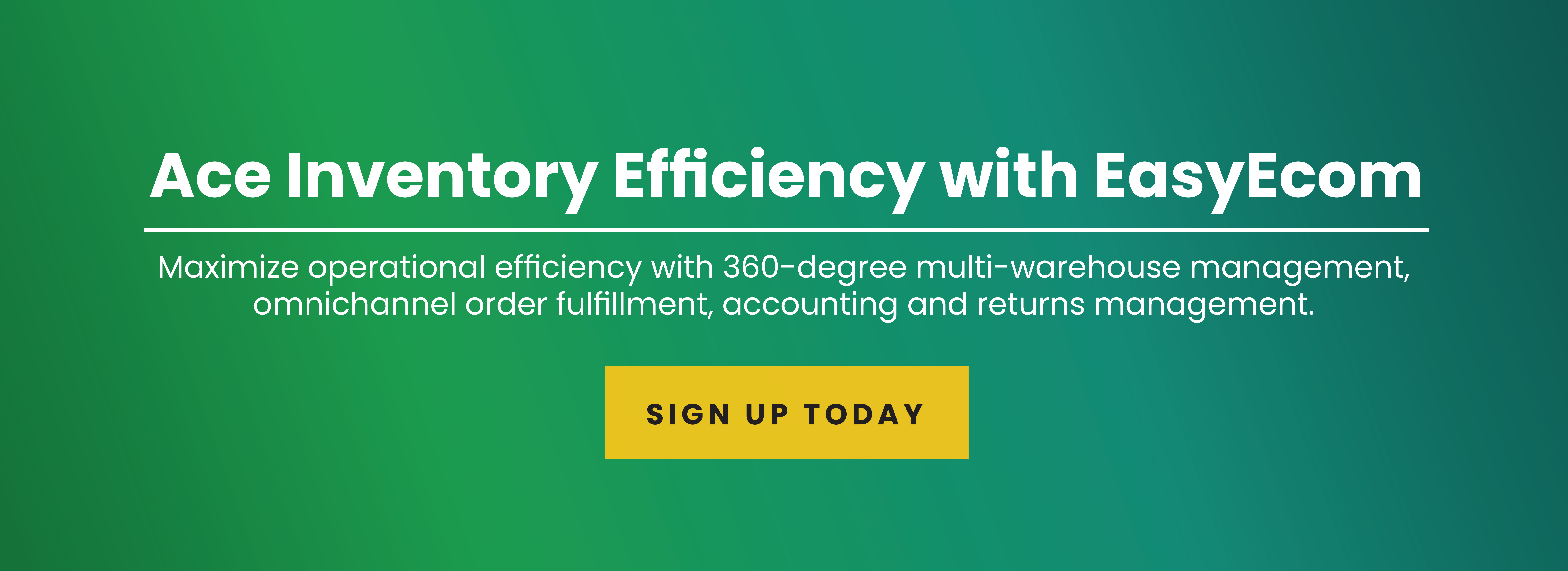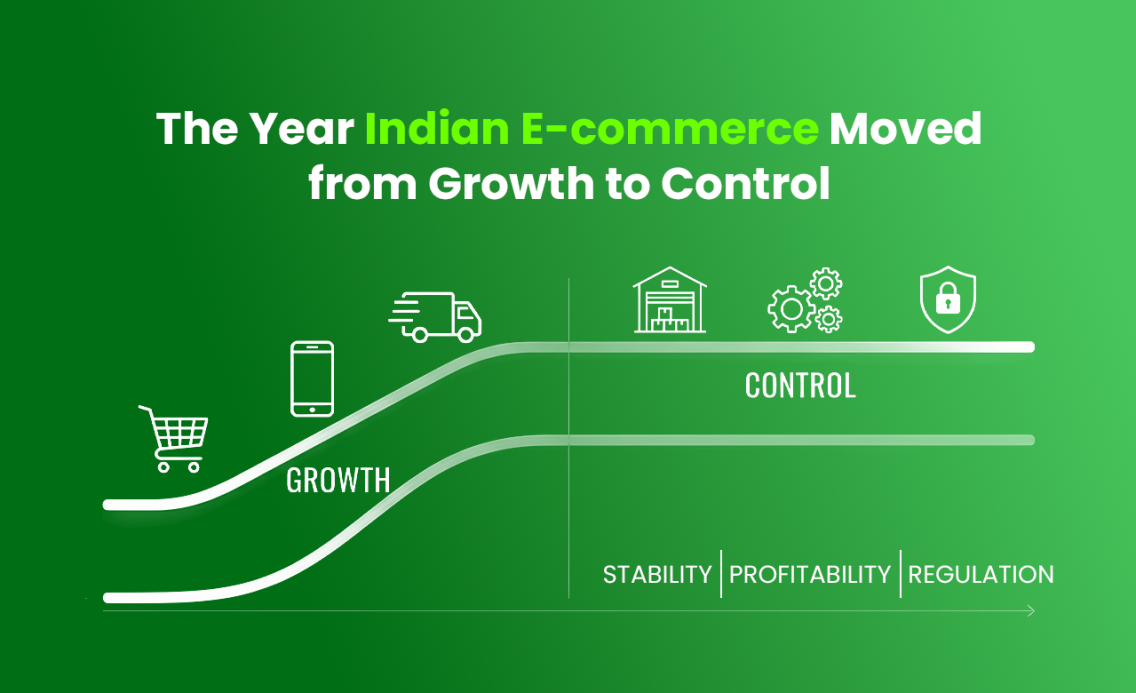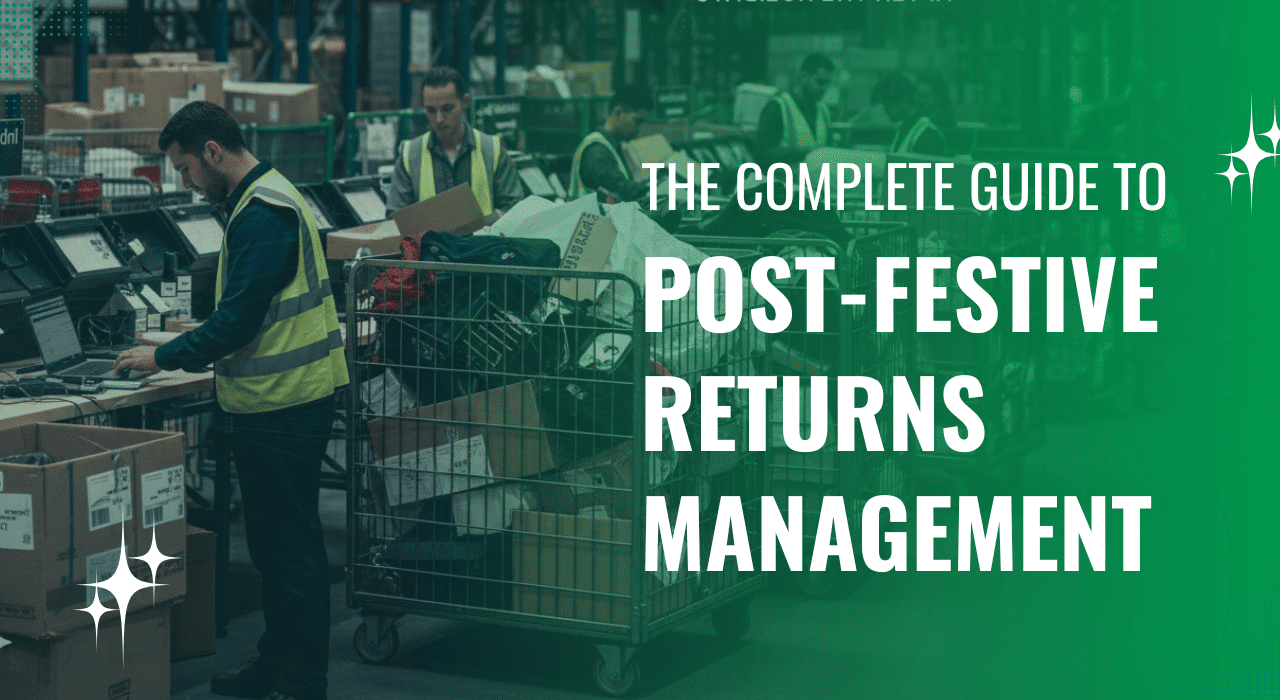With growing sellers on eCommerce platforms like Flipkart, Amazon etc and with the rise in Indian eCommerce industry overall, involved with numerous transactions, it had become almost next to impossible for GST team to keep a track on tax payments. To overcome this issue, TCS (Tax Collected at source) has been introduced by the government and will be applicable from 1st of October, 2018.
What is TCS under GST?
As per section, 52 of GST act, 2017, all the eCommerce operators (like Flipkart/Amazon/Zomato) should collect TCS of 1% (0.5% CGST + 0.5% SGST) from suppliers selling their product or services on their platforms.
e.g.
- Seller puts up a product of Rs. 1000/- on Amazon.
- Buyer pays Rs. 1000/- to Amazon
- Total tax liability for seller: 152.5 (assuming 18% tax slab)
- Amazon while making payment to the vendor, deducts 1% TCS on base value (1% of 847.5= Rs. 8.48 /-) on top of other standard deductions like commissions etc.
- Vendor makes the remaining 17% tax (144.08) to the GST dept.
The reason behind starting this act
With a lot of transactions involved with an eCommerce platform, it gets difficult to track the movement and transaction of the products taking place internally. This may involve a huge amount of revenue outflow.
So the main intention behind starting this act is to monitor the businesses using eCommerce portals for their sale.
With this launch,
- All the vendors and eCommerce operators will be required to register themselves with GST.
- All the eCommerce operators will be required to fill in a statement providing transaction detail of vendors while making their payment.
As a result, the tax department will have more power over the eCommerce platform transactions and will also make sure about the products sold by the suppliers have been updated correctly.
How will TCS be applied on the eCommerce platforms?
The process,
- When a vendor sells its services/product through an eCommerce portal, the payment is made by a customer to the vendor through the platform. Here, the eCommerce platform is a mode through which the supplier is getting customers to deliver its services.
The Change,
- Payment received by eCommerce platform is given to vendors after their commission is deducted. However, from 1st October 2018, the eCommerce websites will make sure to deduct 1% of TCS from the vendor’s amount along with its commission before making their payment.
- On 10th of every next month, the TCS will be submitted to the appropriate GST account by the eCommerce operator, informing govt about the sale made by every seller through their platform. This will allow govt to cross check if the seller has reported their sales correctly. In case of any mismatch between these two, GST team will take appropriate action.
A person supplying goods/services from their own eCommerce portals, however, will not be considered under this act.
TCS effect on eCommerce companies
- Cash flow interruption: TCS act will affect the cash flow for eCommerce vendors, now getting another 2% of their payouts getting stuck with the government.
- Troublesome for vendors: If there is any mismatch with verification of sales between the vendor and the operator, the GST team will be first communicating with the vendors.
- Operator’s warehouse check: The eCommerce operators may have to present the number of products and services supplied along with the products currently stored in their warehouse.
- Penalty for eCommerce operators: They will have to pay a penalty amount of Rs. 25,000 on failing to submit the number by given date.
Still unclear with few processes under TCS
While dealing with supply chain management, the shipment and returns involve a lot of compliance charges. These involve, shipping and returns, e-way bills, e-wallet transactions, cash on delivery, drop shipments, cash back offers and more. With this, there is a lack of clarity on the structure of taxation and documentation.
The eCommerce sector believes that GST would take care of all these challenges and make the tax compliance easy.
Are you looking for an omnichannel inventory management solution with integrated B2B order management for your eCommerce business? Drop us a line at care@easyecom.io or directly sign up for a demo here.

.png)












